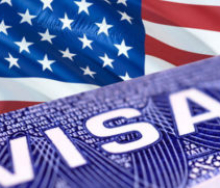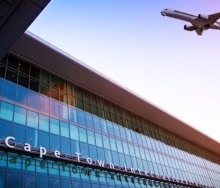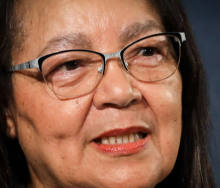Africa trade expert, Duncan Bonnett, Director of Africa House, believes that visa-free travel in African states can unlock trade avenues and lead to economic transformation inside those countries.
Travel News spoke to Bonnet about Ghana’s implementation of a visa-free entry policy for all African visitors by the end of 2024.
According to Bonnett, the visa-free policy signals that the country is keen to do business with other African countries and indicates that opportunities for partnerships will be easier to unlock.
During the commencement of the 2024 Africa Prosperity Dialogue in Ghana's eastern region, the President of Ghana, Nana Addo Dankwa Akufo-Addo, said the new visa-free policy aligned with the goals of the African Continental Free Trade Area (AfCFTA) because it would assist the establishment of a unified continental market.
Africa House is a consultancy that offers insight and access into African trade. Bonnet says the visa requirements for South African nationals and companies trying to travel to Ghana are currently onerous, especially for a business travelling on an exploratory trip.
"To get a visa for Ghana, businesses currently need a letter of invitation from a company or ‘sponsor’ in Ghana, which can be time-consuming and sometimes difficult to get, especially if they are going on an initial visit to investigate the market, but don’t currently have partners in the country."
Bonnett explains that the visa waiver will offer companies more flexibility and allow them to travel to Ghana to understand the country and its potential without going through this process. Furthermore, waiving the complexities of the application saves time and money, making it easier for businesses and individuals to travel at short notice.
"For smaller companies, especially those who don’t have the resources to process visa applications in-house, this is very important and can make the difference between considering trading and/or investing in other countries in the region or not. Thus, it is very good for intra-regional trade and AfCFTA," says Bonnett.
"The fewer restrictions there are, in terms of travel, the easier it is to trade.
"That said, it is not a silver bullet for bilateral trade, but it does make it easier to conduct business between two countries."
Bonnett says Ghana is a favoured destination for South African companies looking to invest in and service the West African market. This is partly due to how South Africa's exports complement Ghana's mining industries.
"Given the rapid spread of mining across West Africa, it thus makes sense to use a country that is easily accessible as a base – and given the complexity of getting visas for Nigeria, it does give Ghana an edge as a ‘soft landing’ for companies exploring not just Ghana, but the broader West African region as well," says Bonnett.
Additionally, the policy will give African businesses and companies an advantage over international businesses, due to the increased access they will have.
"As African countries make travel and trade more accessible, we will see better levels of intra-Africa trade, rather than trade with overseas countries," concludes Bonnett.
President Afuki-Addo said such visa policies were needed throughout the continent to ensure the free movement of people, goods, and services and use trade as a catalyst for economic transformation in Africa.














